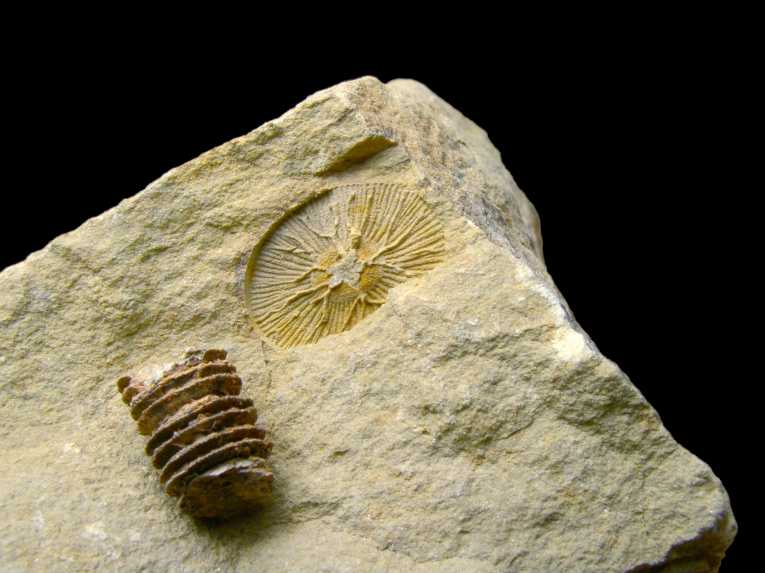Scientists in America have unveiled information that suggests oceans can take vast amounts of time to recover from disasters such as mass extinctions.
Researchers from the University of Chicago, West Virginia University and The Ohio State University examined fossil records dating from a mass extinction that devastated ocean life 360 million years ago, known as the Hangenberg event.
In findings that have a modern resonance as many species struggle to survive due to factors including over-fishing and climate change, the work revealed that different species adapt to disaster in different ways.
The paper, published online on Proceedings of the National Academy of Sciences, revealed that some species have an astonishing ability to recover, much quicker than others.
Researchers focused on the Devonian Period, which spanned from 416 to 359 million years ago and is known as among paleontologists as the Age of Fishes because of its amazing diversity of marine vertebrate species.
That all changed with the Hangenberg event, whose cause is unknown but which created some of the conditions that have shaped modern biodiversity.
Despite the widespread devastation, some species did manage to survive and the next 15 million years in the fossil records are dominated by crinoids, animals similar to modern sea lilies and related to starfish. So abundant were they that the period is known as the Age of the Crinoids with whole limestone deposits made up of their fossils
Study co-author Thomas Kammer, the Eberly College Centennial Professor of Geology at West Virginia University, said: ''We've been puzzled for many years as to why there were so many species and specimens of crinoids. There had to be some underlying evolutionary and ecological reason for that.''
Researchers considered whether or not a change in the environment, such as water temperature or depth, could explain the increase but fossil records eventually suggested that the reason was more to do with the slow recovery of fish, the crinoids' main predator
Whereas fish had thrived in the Devonian and crinoid diversity and abundance was low, the mass extinction turned things around and it took fish millions of years to recover and bring to an end the Age of the Crinoids.
The team concluded from their research that the effects of a mass extinction upon ecosystems can last millions of years.
William Ausich, study co-author and professor of earth sciences at Ohio State University, said: ''This means that ecological patterns and processes taking place today may have very long-reaching evolutionary effects. Although that idea may not seem particularly surprising at first, respected evolutionary biologists have long argued that it was not possible.''










